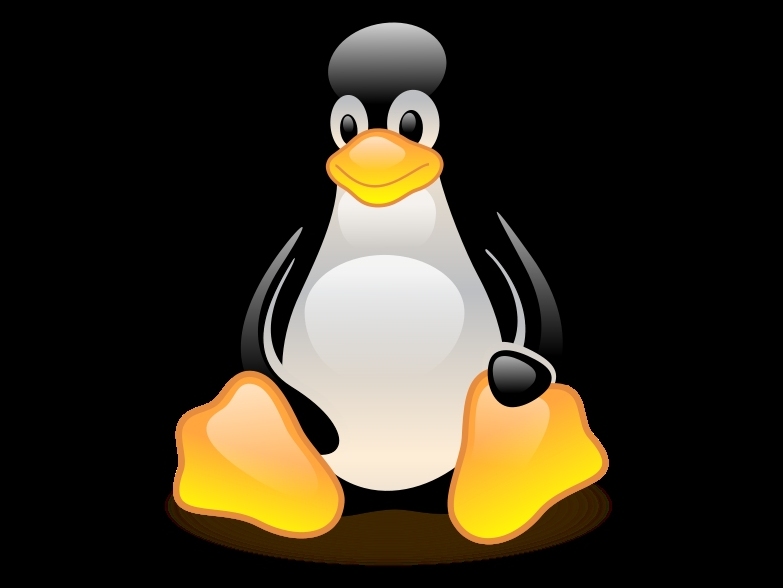How Linux lost the battle for your desktop
And why you're probably still using it anyway...

A few years ago, it looked like Linux might – just might – take over the world. Companies like Lindows/Linspire were going to make it easy enough for your mother to use. Bright coloured boxes of SUSE and Red Hat and plenty of others were piled high in every computer store. The letters MS rarely went without an ironic '$', and oh, how we laughed. It was going to be a whole new era.
Except it didn't really happen, did it? The promise of Linux becoming a dominant player on the desktop was always just over the horizon, and over the years, the visible excitement waned.
What went wrong?
The most important thing is that desktop Linux was only ever 'easy' for two sets of people – hardcore types, and people with a very specific set of tools that could be installed and made bulletproof through security. If all you want from your PC is the ability to edit documents, send emails, and browse the web, Linux is indeed easy to use. The trouble comes when you advance to the part where you want to install a new printer, or play a new game, or the screen fills up with babble.
Tools like Linspire's Click and Run Warehouse went some distance to fixing this, but could only go so far without the support of hardware manufacturers and software developers. It's the chicken and egg problem. Without a big market, companies are reluctant to spend money supporting it; without support, the market can't grow.
Making it tougher was the fact that few people had a reason to move. Far from the centre of the world, to most, Windows is just that thing that came with the PC and lets their real programs run. A solid reason was required to get people to switch, and none really presented themselves.
Don't get us wrong – many of the reasons provided are valid. You'll find a list of most of the most common ones at makethemove.net/why.php. However, there's a massive gulf from technical improvements to compelling benefits for the average PC user who's never even going to run into that kind of page, never mind pull the trigger on a distro. Viruses and spyware are covered by tools like Norton and McAfee to the level that most people care about: feeling protected. Free software? Most of the best stuff, like OpenOffice.org and Firefox, is available on Windows.
Sign up for breaking news, reviews, opinion, top tech deals, and more.
The OS X coffin nail
Another nail in the coffin came in the form of OS X, which fulfilled most of the criteria that the average user actually cared about, and did so with style on its side. It's easy to use. The technobabble is hidden behind the scenes. Its apps are slick and well integrated. The hardware support quickly became relatively ubiquitous.
Where Linux was offering a technological advantage, Apple was in place to offer a whole new lifestyle to people wanting to step away from the Windows hegemony. Linux could offer many of the same features – indeed, OS X is based on a UNIX core – but the stigma of being the geeky OS never left it. Even if the user never had to compile anything or go to the terminal, they'd be hit in the face with that side of maintaining their system every time they went hunting for advice. Online comedy group Three Dead Trolls In A Baggie summed up the general sentiment in a verse of its snappily named 2001 song Every OS Sucks
"It's free, they say, if you can get it to run
The geeks say 'Hey, that's half the fun!'
Yeah, well I got a girlfriend and things to get done.
The Linux OS sucks!"
Invisible Linux
The irony of all this negativity is that Linux has never been closer to the victory its supporters have dreamed of all these years. It's simply coming from the other direction – encircling the enemy instead of stampeding towards its stronghold. Just because most of us don't see Linux on our screens when we boot up doesn't mean that we don't use it every day. Linux based netbooks like the Asus Eee are not only affordable, but beat their Windows equivalents in terms of price and performance any day. Google Android, the first model of which is due out this month, is based on Linux, too, as are many portable devices, PVRs like TiVo, and the web servers that run so many of our important services.
We're never likely to see Microsoft bow its head in defeat and step back, but that was always an impossible idea. Just because we increasingly won't be aware of Linux in no way means that it's given up the fight. The difference is that this time, it's in a battle it might eventually win.